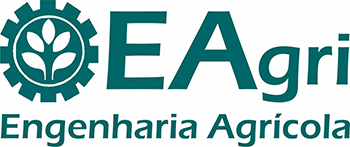The objective of this research was to study the influence of factors related to the proper management of pig manure (lower dilution) and the season of the year in the progress of the co-composting of pig manure with wood shavings and in the final quality of the compost resulting from the treatments. In the first experiment, two types of swine manure were used: a diluted one (2% Dry Matter - DM), typical from the management usually used in Brazil, and a more concentrated one (6% DM). The manures were incorporated into the wood shavings (6L:1kg) over the course of four weeks. The development of composting was accompanied by monitoring of temperatures inside the piles and the emission of CO2 and CH4 gases during 65 days, including the period of incorporation. The results showed that the diluted manure does not provide the minimum conditions for starting the process. After the incorporation period, any biomass heating was observed and neither the aerobic or anaerobic respiration of the microorganisms, resulting in a compost with low quality. In the second experiment, which evaluated composting in winter and summer during 85 days, it was found that the heat exchange with the environment influences the temperature generated within the piles. The lower temperatures significantly reduced the methanogenesis on the biomass.
pig farming; manure management; compost; gas emission











